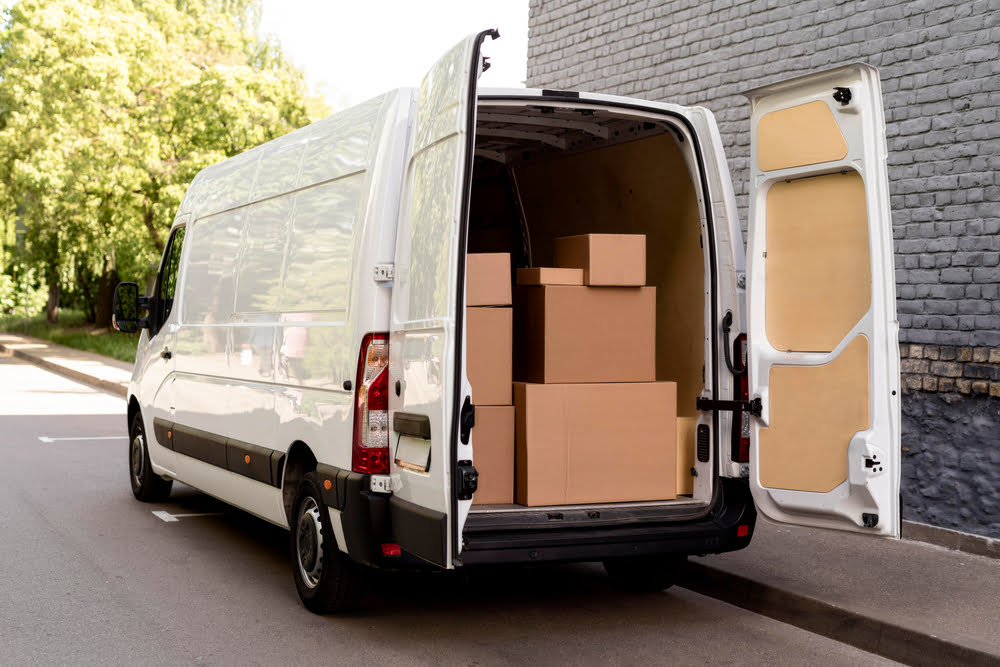The exemption from tax on passenger cars and motorcycles (bpm) must remain in force for commercial vans. VNO-NCW and MKB-Nederland are making this appeal to the cabinet with the support of seven other business organizations. The organizations see in the plans not only an unreasonably high tax increase for entrepreneurs, but also warn against the negative, counterproductive effects on making the van fleet more sustainable. VNO-NCW and MKB-Nederland want to discuss a better approach with the cabinet to achieve the climate target.
The government wants to phase out the exemption from the BPM payment for vans with a fossil combustion engine between 2024 and 2026. Currently, this 'luxury tax' is not collected on delivery vans because entrepreneurs need it for their business operations. The government expects to 'raise' a total of 2024 billion euros with the measure between 2030 and 2,2 and to accelerate the electrification of the van fleet.
“Entrepreneurs depend on their vans for their work and in many cases electric models are not yet a realistic alternative in the coming years. The need for sustainability speaks for itself, but that is not possible in this way.”
Jacco Vonhof, chairman of MKB-Nederland.
Entrepreneur extremely expensive
In daily practice, the abolition of the BPM exemption for entrepreneurs means that the net recommended retail price of a fossil fuel van will increase by about 38 percent, which amounts to an average purchase price of more than 11.000 euros.
“However, the purchase of an electric bus will not become cheaper with this measure. This means a considerable increase in the tax burden, which particularly affects SMEs hard. They cannot afford that in these uncertain economic times and with the skyrocketing inflation. About two-thirds of all vans are used by companies with a maximum of five vans."
Jacco Vonhof, chairman of MKB-Nederland.
Often no alternative
An electric van is currently not only a lot more expensive to purchase, but also not yet a fully-fledged alternative for large groups of entrepreneurs in daily use. The limiting factor is the even smaller range and the lack of a robust 'fast charging network', especially for entrepreneurs who often have to heavily loaded their van and/or have to travel longer distances. “So they don't have a perspective for action yet,” says Vonhof.
Counterproductive
The chairman of MKB-Nederland also warns that instead of switching to electric, entrepreneurs will be more inclined to buy old(er) diesel delivery vehicles (from abroad) with the expiry of the bpm exemption, because the bpm for these vehicles is much lower. lies. Some will also continue to drive longer in their current diesel delivery van. This certainly does not benefit the emission of CO2 and harmful emissions and makes the climate gains very uncertain. “In addition, the intended yields have also been estimated far too optimistically. After all, the measure will mean that fewer new diesel vans will be sold, which means that the total bpm revenues will be lower," says Vonhof.
Alternative solutions
The business organizations want the cabinet to put a stop to the process of introducing a bpm on delivery vans. At the same time, they want to consult with the State Secretaries Van Rij (Fiscality and Tax Authorities) and Heijnen (Infrastructure and Water Management) as soon as possible about alternative solutions to contribute to achieving the climate objectives by making the van fleet more sustainable. Royal RAI Association.



